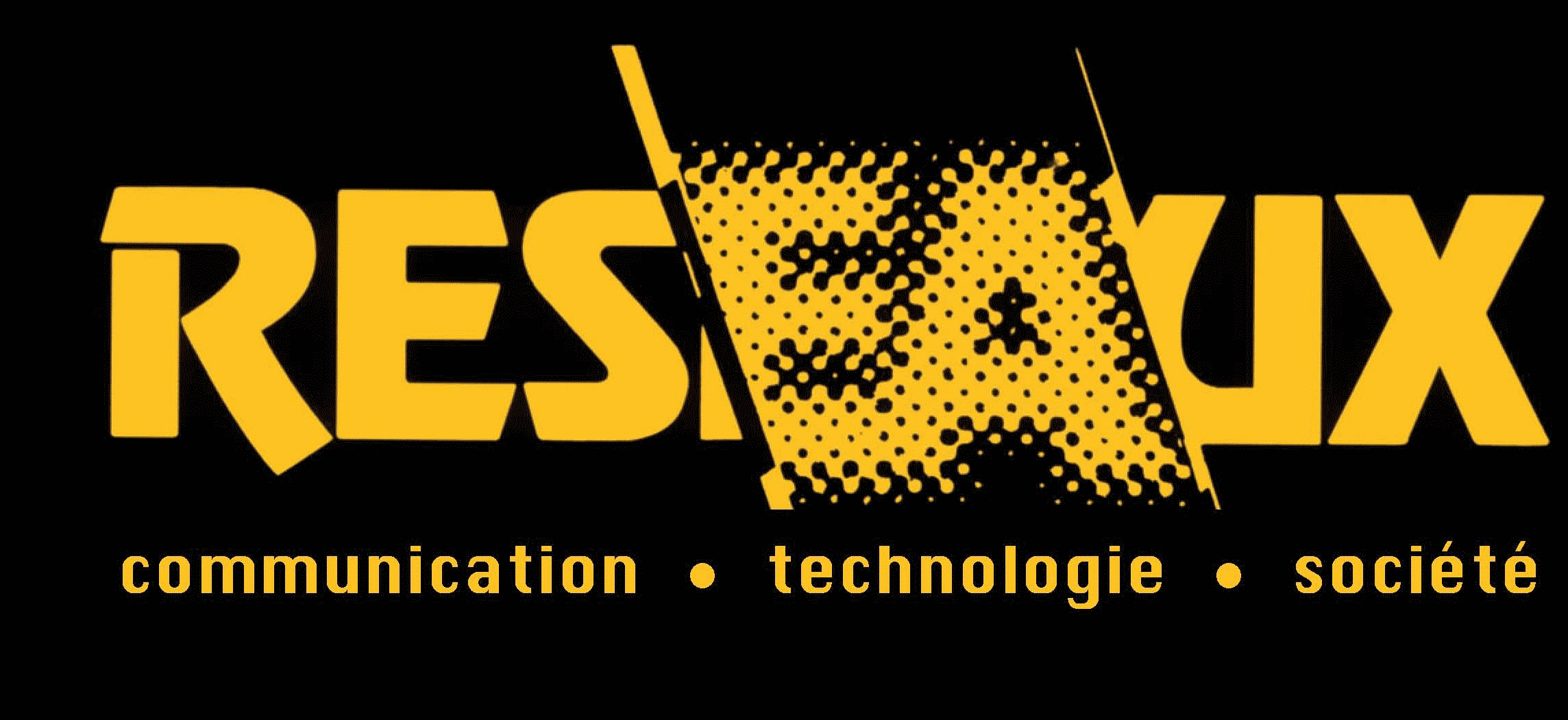Digital diplomacy
Digital technologies have profoundly reshaped diplomatic practices by involving a growing number of actors outside of state frameworks, amplifying political debate, and strengthening the influence of non-traditional actors. Influence, the linchpin of digital diplomacy, now structures international relations, particularly in the field of information. Since the second decade of the 21st century, two trends have converged: the decline of sovereign prerogatives of states, and the weakening of democracies in the face of authoritarian regimes, calling into question the centrality of digital technology in diplomatic relations and influence strategies. ‘Digital diplomacy’ has emerged as an essential concept, incorporating the use of digital technologies for communication, public engagement and big data analysis, as well as real-time crisis management, monitoring and influencing global public opinion, and coordinating diplomatic responses. The notion of ‘digital sovereignty’, where states protect their national data and manage their digital ecosystems, underscores the growing importance of technology in contemporary diplomacy. Given these developments, researchers and diplomats must pay keen attention and adapt their practices accordingly.
- digital technologies
- digital diplomacy
- influence
- information
- states
- private actors
